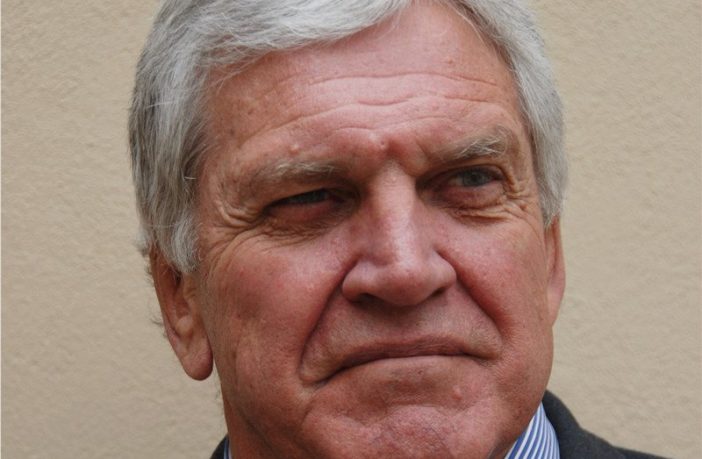- Former Eskom Chief Operating Officer Jan Oberholzer will remain at the utility in a new role to oversee projects aimed at pulling South Africa out of a power crisis which is set to worsen as winter arrives and demand for electricity increases.
It is understood that Oberholzer, who retired on 30 April 2023, has signed a contract to stay on, but not in his former capacity of COO, which carried the responsibility of overseeing all Eskom’s operations within generation, transmission and distribution.
His appointment comes at a crucial time for the country, with the intensity of loadshedding in the coming months likely to deepen to levels not seen before, due mainly to long-term outages at Koeberg, Eskom’s nuclear power plant, as well as Medupi and Kusile, it’s two newest and biggest coal-fired power stations.
In an exclusive interview with EE Business Intelligence last month, Oberholzer said that 2023 would continue to be a difficult year in terms of power outages, but work was on schedule to address the problems at all three plants, and to extend the operating license of Koeberg for another 20 years.
But he also warned that near-term targets to raise the utility’s overall energy availability factor (EAF) – which measures the availability of all the units in the Eskom fleet to produce electricity over a certain period – were likely to be missed.
This was largely due to repair work being undertaken on Kusile units 1, 2, 3 and 5, Medupi unit 4, and the life-extension, maintenance and refuelling work on Koeberg units 1 and 2, which have together removed the equivalent of nearly 5000 MW of generation capacity from the gird, equivalent to four to five stages of loadshedding.
Public Enterprises Minister Pravin Gordhan and Eskom board Chairman Mpho Makwana haveEAF targets of 60%, 65% and 70% for Eskom’s 2022/23, 2023/24 and 2024/25 financial years respectively.
However, the EAF achieved for the FY 2022/23 year ending 31 March 2023 was down to 56.56%, significantly missing the 60% EAF target set, while the week-on-week EAF in the last week of April 2023 dropped to 54.11%.
Oberholzer believes that the EAF targets are unrealistic, given the long-term outages, as well as the current unreliability of Eskom’s other aging coal-fired plants.
Oberholzer has said he supports the controversial idea mooted by Electricity Minister Kgosientsho Ramokgopa of extending the life of some of the units in Eskom’s oldest coal-fired power plants – provided it makes economic sense and can be done responsibly and legally.
Authors: Mariam Isa and Chris Yelland, EE Business Intelligence
This article was orginally published by EE Business Intelligence and republished with permsission.















